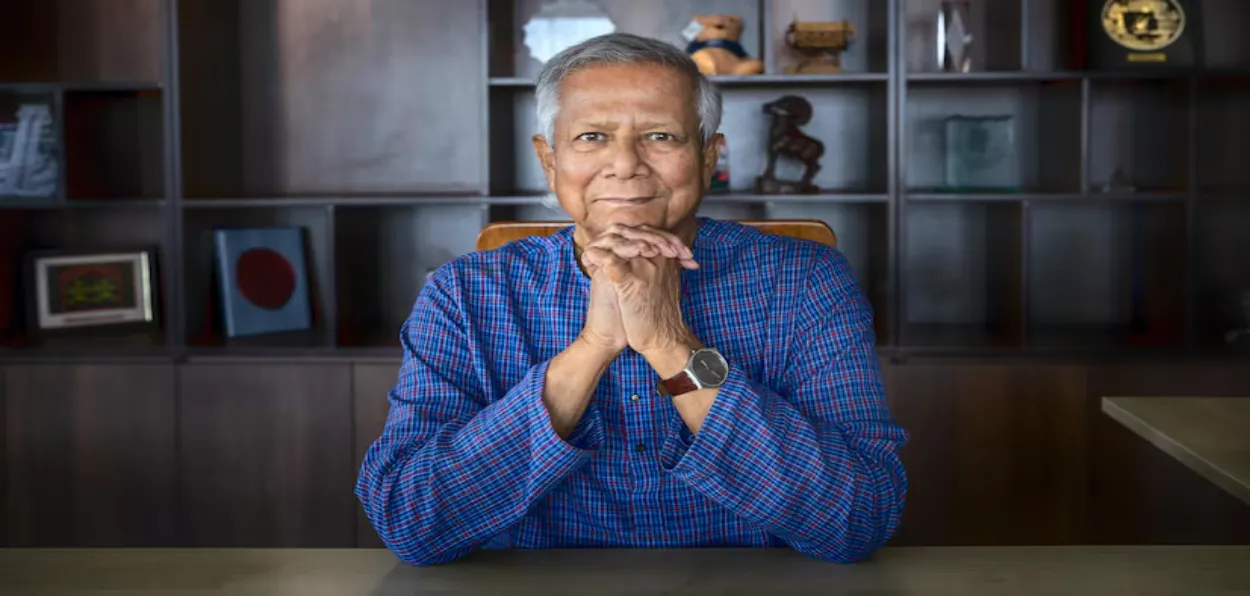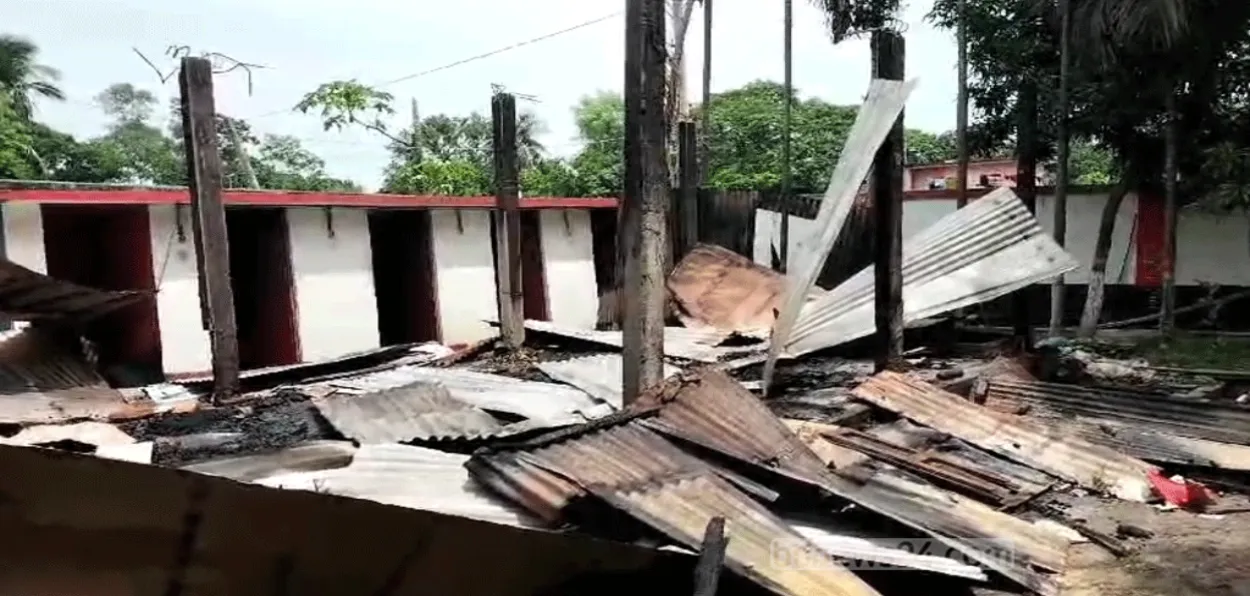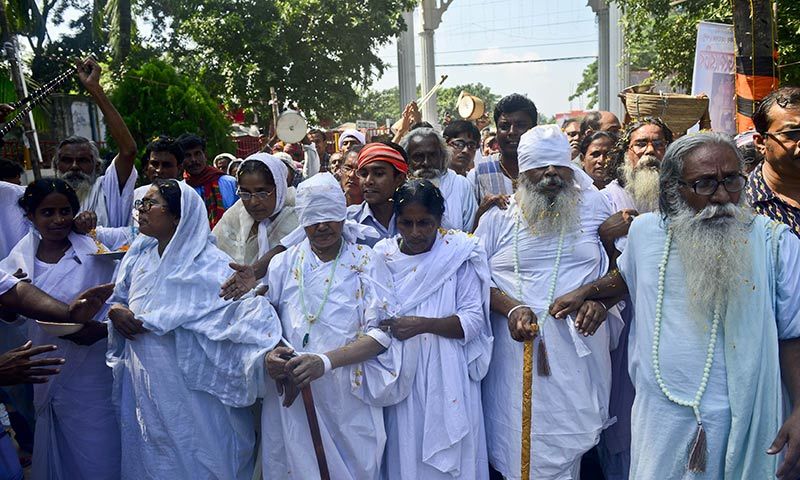
Sahil Razvi
Bangladesh is witnessing a disturbing rise in religious extremism, as Wahhabi-inspired extremists increasingly target minority Hindu temples and Sunni Sufi shrines. The recent political unrest against the Sheikh Hasina-led Awami League government has created an environment where religious extremists are emboldened, resulting in a surge of violent attacks. These extremists, driven by Wahhabi ideology, are undermining religious tolerance and spreading hatred through their actions, causing widespread unrest.
In recent months, these extremists have attacked not only Hindu temples but also the shrines of revered Sunni Sufi saints. Videos of these attacks have surfaced on social media, further highlighting the increasing violence and destruction of religious sites in Bangladesh.
The Dewanbag Shrine in Narayanganj is the most recent target in this string of attacks. Located in the Madanpur area, the shrine was set ablaze on Friday, leaving four people injured. Although their condition is now stable, the attack has sparked fear and outrage among the local community.
According to police reports, the attackers stormed the shrine around 6 am, vandalizing the property. When those present tried to resist, they were assaulted by the attackers. This incident follows a similar attack on August 25, when extremists destroyed the Ayyanal Shah Shrine in the Sonargaon area of the Sanmandi Union.
 Destroyed Dewanbagh Sufi shrine in Bangladesh
Destroyed Dewanbagh Sufi shrine in Bangladesh
In Sirajganj, two shrines were attacked within one week. The most recent attack occurred on September 3, targeting the shrine of Ismail Pagla in Haripur village. A few days earlier, on August 29, the shrine of Hazrat Ali Pagla in the Kazipur sub-district was also vandalized.
Video clips of these attacks quickly went viral on social media, showing the attackers using hammers and sticks to break the walls and roofs of the shrines. Local sources claim that Ghulam Rabbani, the imam of the Shalgram Jama Masjid, led the assault on these religious sites.
The 300-year-old Bibi Sakina Shrine, located in the Ranisankail sub-district of Thakurgaon, was demolished by unidentified attackers on the night of July 11. Reports indicate that the shrine's concrete structure was destroyed under the cover of darkness, leaving the local community devastated.
In this region, where the Hindu population is around 28%, tensions are particularly high. With the upcoming Durga Puja festival, local authorities and the police are on high alert to prevent further attacks on religious sites.
Syed Golam Uddin Hiazuri, the President of Bangladesh Tariqat-e-Islam, condemned the widespread attacks on Sufi shrines following the political power shift on August 5. He highlighted the extent of the violence, describing it as ‘medieval barbarism’ and pointing out that many shrines have been vandalized, set on fire, and subjected to terror across the country.
 Mystics are popular in Bangladesh
Mystics are popular in Bangladesh
In response to the escalating violence, Sufi leaders have put forward several demands:
Exemplary Punishment for Attackers: All those involved in attacks on shrines and darbars should be identified and face severe punishment.
Special Security Measures: The government should implement nationwide security measures to protect shrines of pirs, murshids, and auliya in all regions of Bangladesh.
Legislation Against Defamation: Any negative portrayal of Sufi saints in media or publications should be considered a punishable offense. The judicial system should include clear provisions for the punishment of such offenses.
Ban on Anti-Sufi Publications: Any publications or textbooks that insult Sufi beliefs or doctrines, particularly those contrary to the teachings of the Holy Qur'an, should be banned or blacklisted.
Official Registration of Shrines: The government should take steps to register all shrines and darbars with the Ministry of Religion or the Ministry of Social Welfare to ensure their protection and proper management.
As Bangladesh faces growing political instability and religious extremism, the safety of religious minorities and Sufi communities remains a critical concern. Authorities are urged to take swift action to curb this rising violence and ensure the protection of the country's rich cultural and religious heritage.
Sahil Razvi is an author and research scholar specialising in Sufism and history. He is an alumnus of Jamia Millia Islamia.
